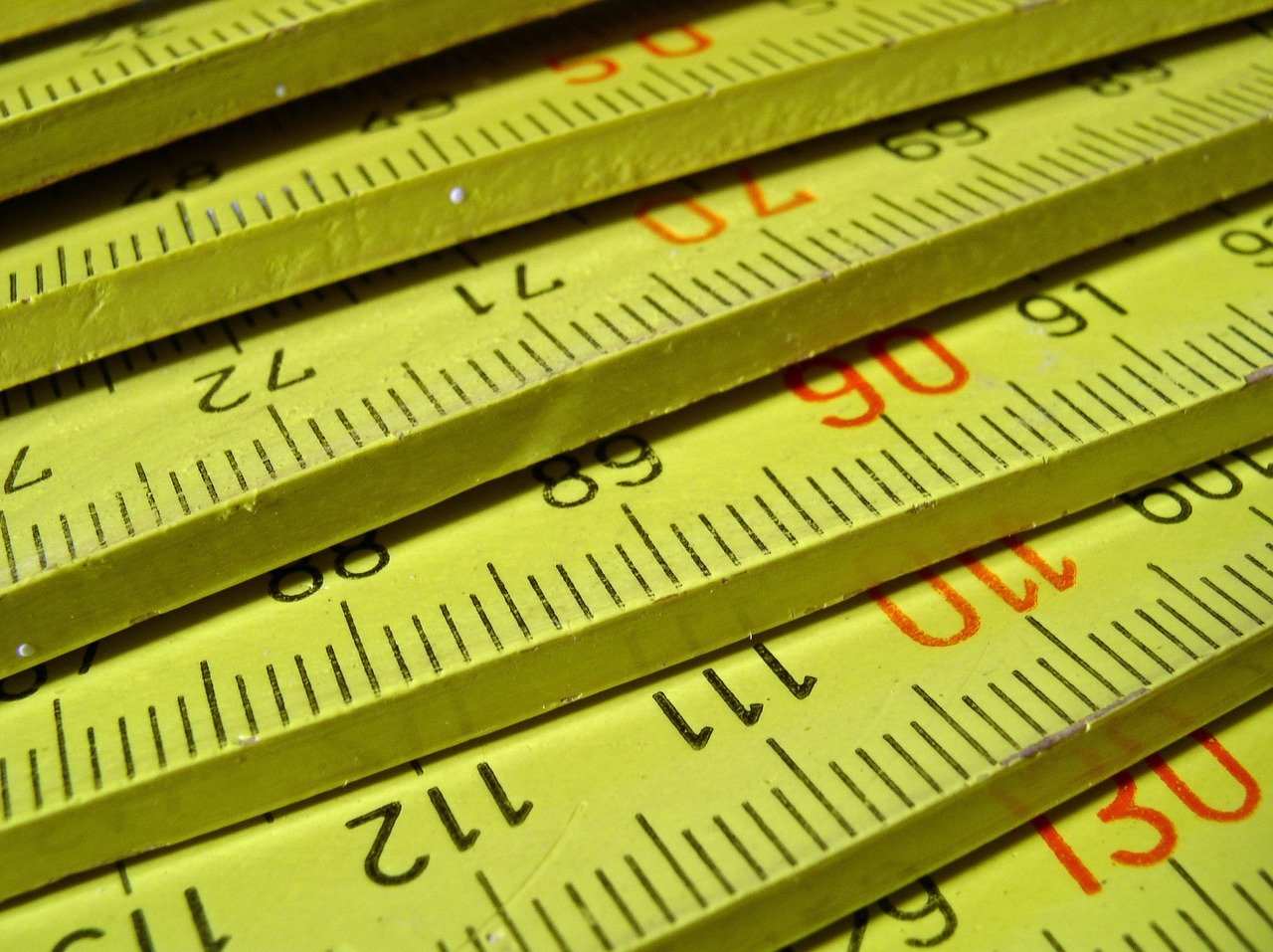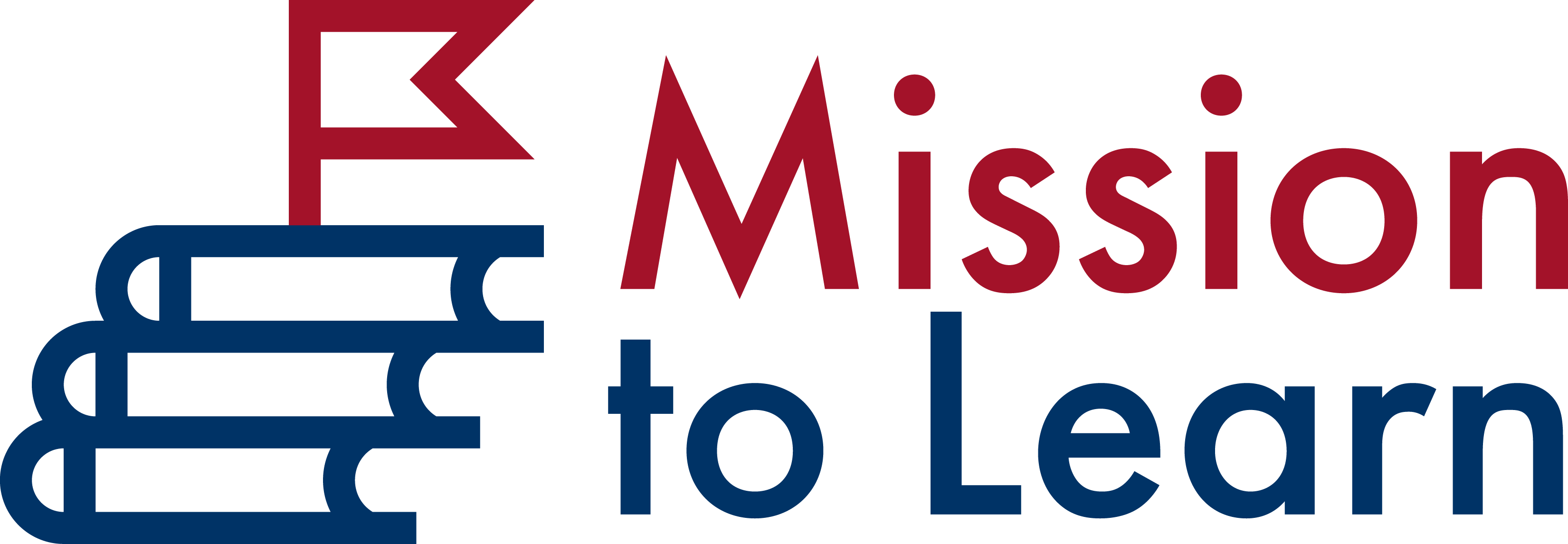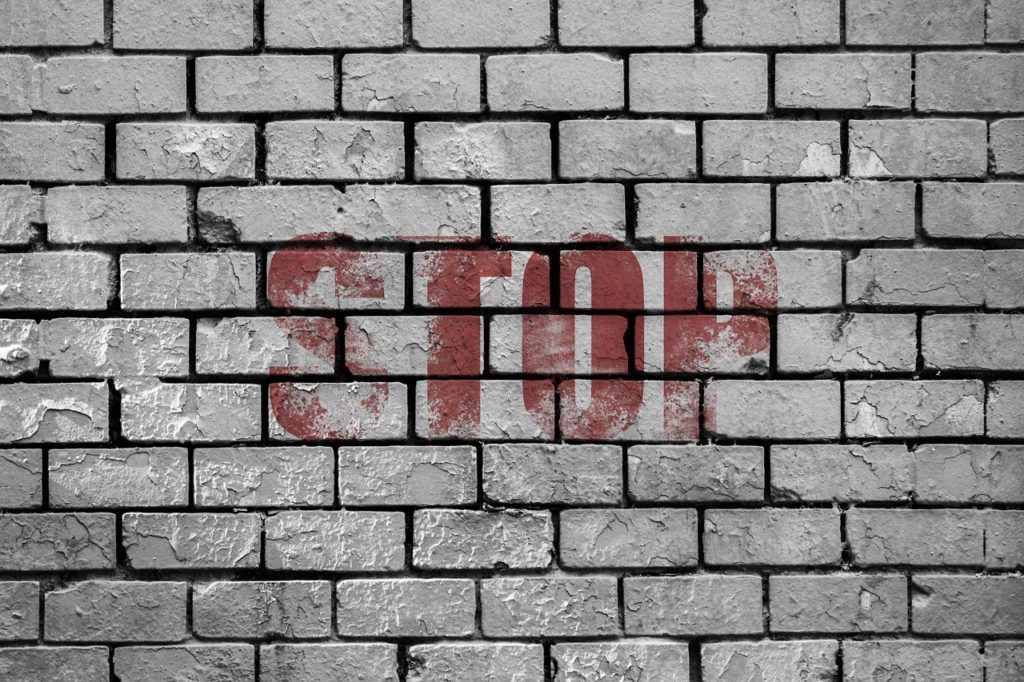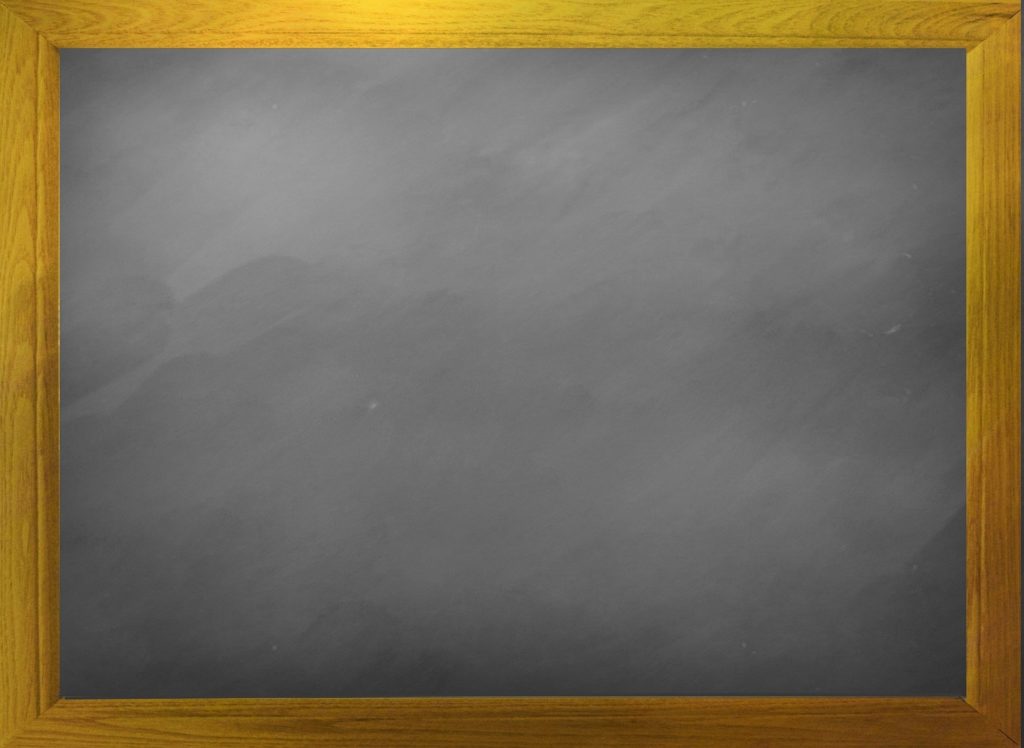Issue 11 – April 2021
This is an issue of the Mission to Learn newsletter. You can subscribe here.
Most of my writing at Mission to Learn is focused on the individual learner – understanding learning, becoming better at it, using it as path to living life fully, well, and wisely.
But, of course, none of us is an island. All of our learning is interconnected, and sometimes we all need to learn collectively to address big issues and create big change.
Like fighting a global pandemic effectively.
Or, acting to reduce global warming.
Or, making greater progress toward social justice and racial equity.
Those are just some of the most obvious learning challenges we face. I’ve written before about how, when people collectively fail to learn, things fall apart. So, how do we prevent that? How can we help create large-scale learning and change?\
I won’t pretend to have that mystery solved, but I’m always looking for clues. Here are a few that I have found.
1: We Learn What Leaders Like Us Learn
Humans are fundamentally social creatures – and learning, by extension, is a fundamentally social activity. The more we see people with whom we identify engage in particular behaviors, the more likely we are to adopt those behaviors ourselves. Think recycling. Or quitting smoking.
Or, as this article from Behavioral Scientist discusses, sustainable farming.
As the authors put it, “Strategies for designing effective change are still far too reliant on traditional levers like material incentives (“pay them”), rules and regulations (“stop them”), and information (“tell them”).” What works much better is to find early adopters of new behaviors, broadcast proof of positive outcomes for the behaviors, and work to generate social pressure for others to come on board.
This isn’t new territory. Dr. Robert Cialdini did extensive research related to “social proof” for his highly influential book Influence: The Psychology of Persuasion. (Catch my interview with Cialdini here.) The Heath brothers cover similar approaches – especially the leveraging of “bright spots” – in Switch: How to Change Things When Change Is Hard.
The Behavioral Scientist article simply offers a new example in an area that is very important for our current world. I highly recommend it.
2: Outsmarting Resisters is Essential
Of course, while it sounds all fine and well to enlist some early adopters, establish proof, and bring others along, it’s just never that simple. There will always be people who stand in the way of change, who block learning by others even when it is clear that learning – and the change it produces – will lead to better outcomes for everyone.
Fortunately, this is an area the very smart Greg Satell has looked into and discussed extensively in his work – including this recent article on his Digital Tonto blog.
The key, according to Greg, is to listen to opponents of change, but don’t engage them. We know from a lot of research that you are unlikely to change their minds, but by deconstructing their arguments, you can find shared values and key information that will help you make your case with those more willing to listen.
I encourage you to read the article and consider getting Greg’s book Cascades. You can also catch my interview with him here.
3: The Under-Appreciated Change Agent
(or, I’d like to Teach the World to Sing)
Finally, we land upon a topic dear to my heart. I’ve played and listened to music most of my life and deeply appreciate – as you might also – the impact it has had on me personally.
But music doesn’t just impact individuals – it impacts lots of individuals across time and space.
And we know – again, from a lot of research – that our brains respond to music in very powerful ways, that music is often what we remember even when age and disease take away everything else.
As a result, music and musicians can be powerful change agents. To get a taste for what I mean, I recommend this udiscovermusic article on how music changes society. Michael Jackson, Taylor Swift, the Beatles – they and many others have taught us much more than we realize.
Be the Change
Of course, it all still comes back to individuals.
As committed lifelong learners, we need to be aware of the opportunities and challenges of larger-scale learning and change, of the levers that can potentially be pulled, of the types of resistance we are likely to encounter.
Most of us will not be the visible leaders of large scale change, but we all play our part. We must all be the change when we can.
Best regards,
Jeff
P.S. – Want to receive the Mission to Learn newsletter in your inbox? Subscribe here.
Thumbnail image by Willi Heidelbach from Pixabay






